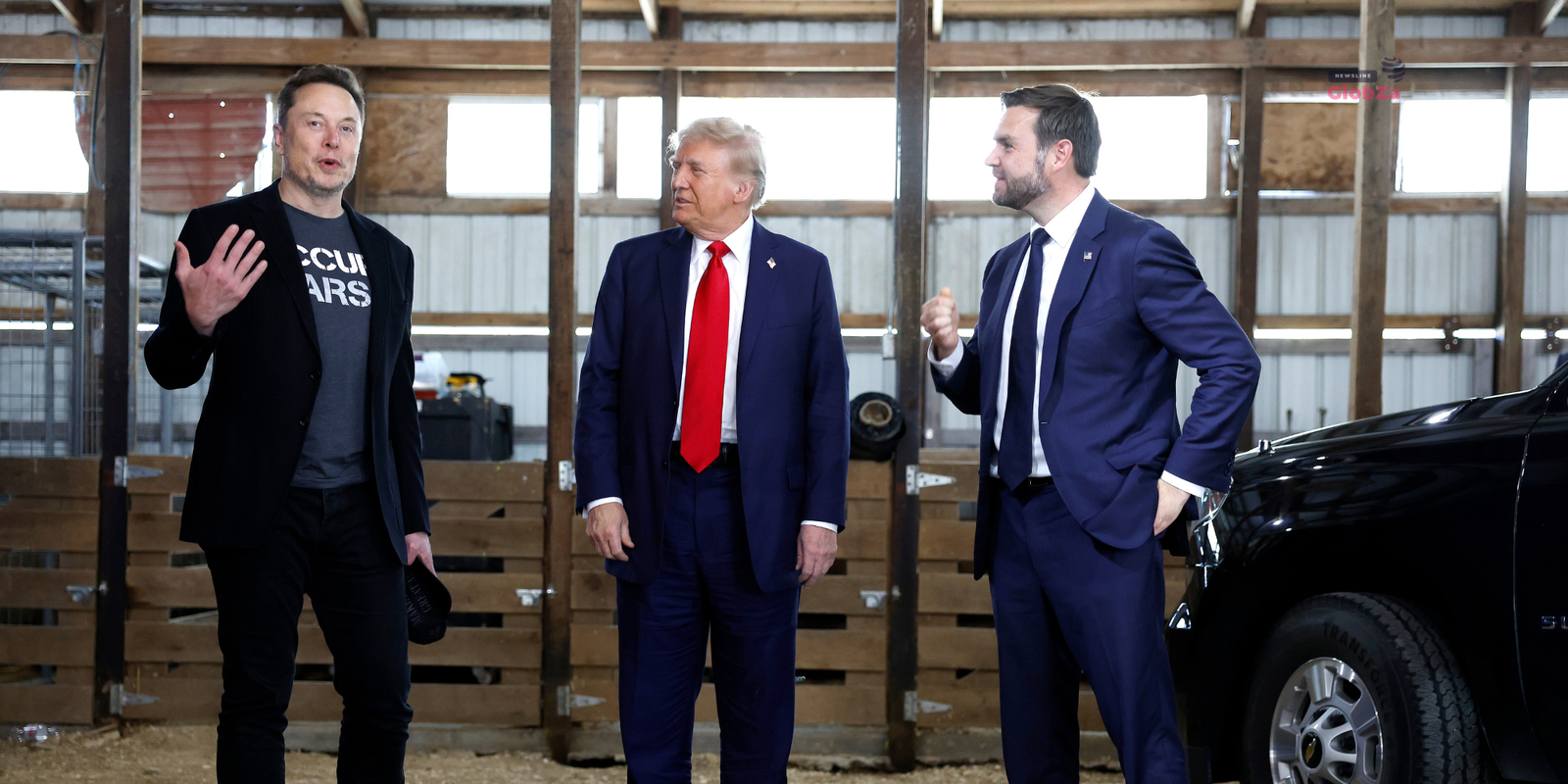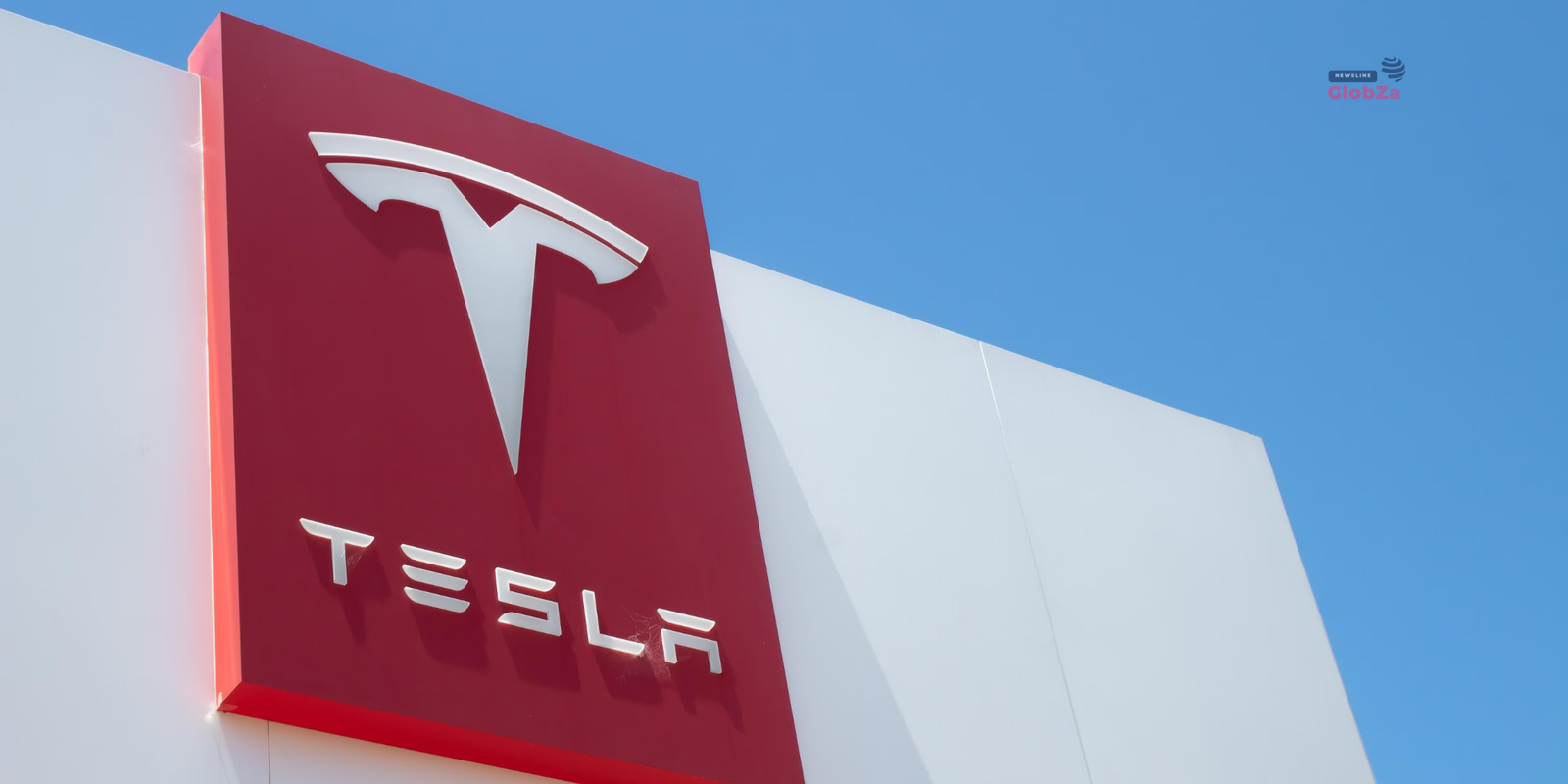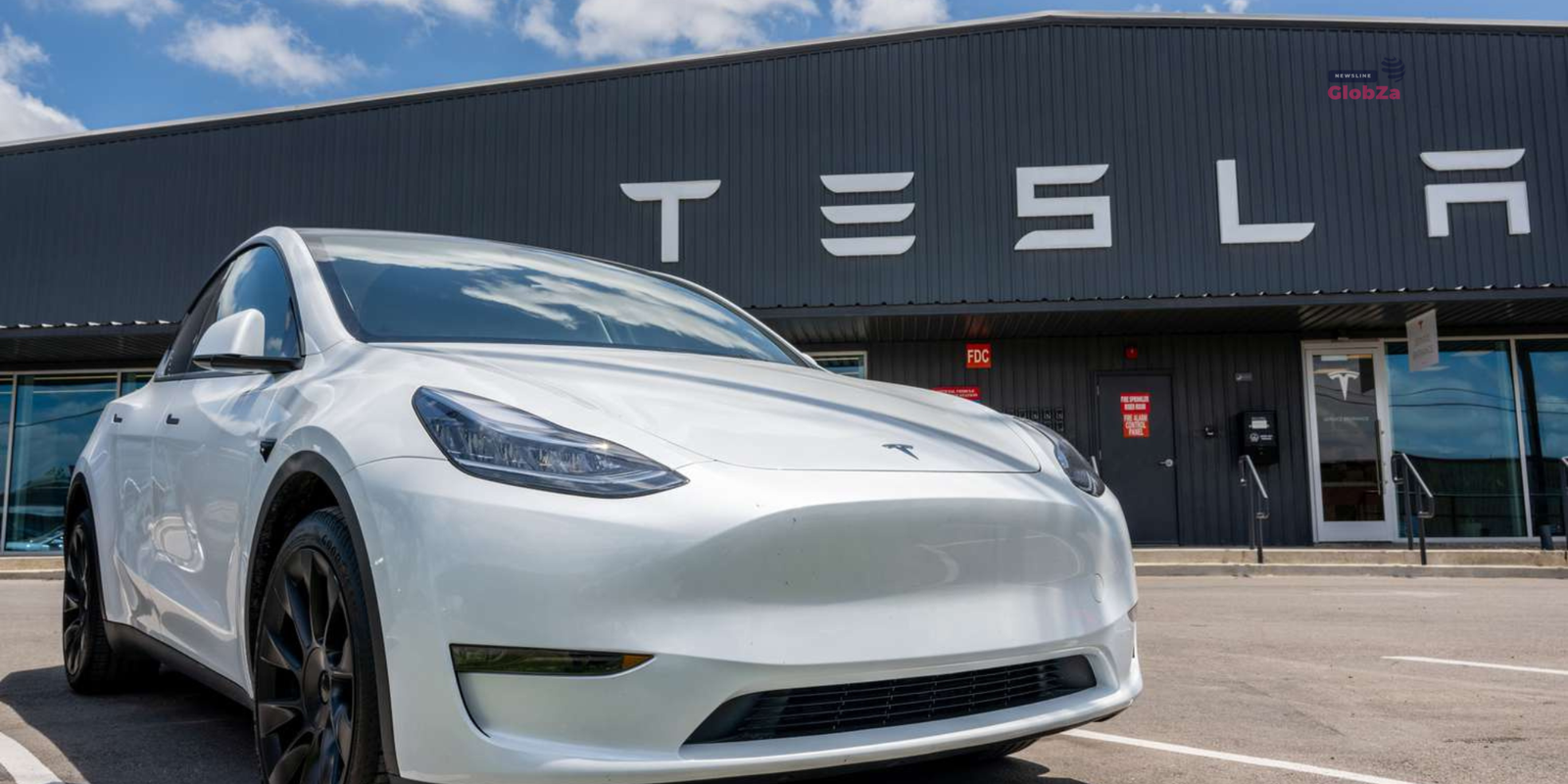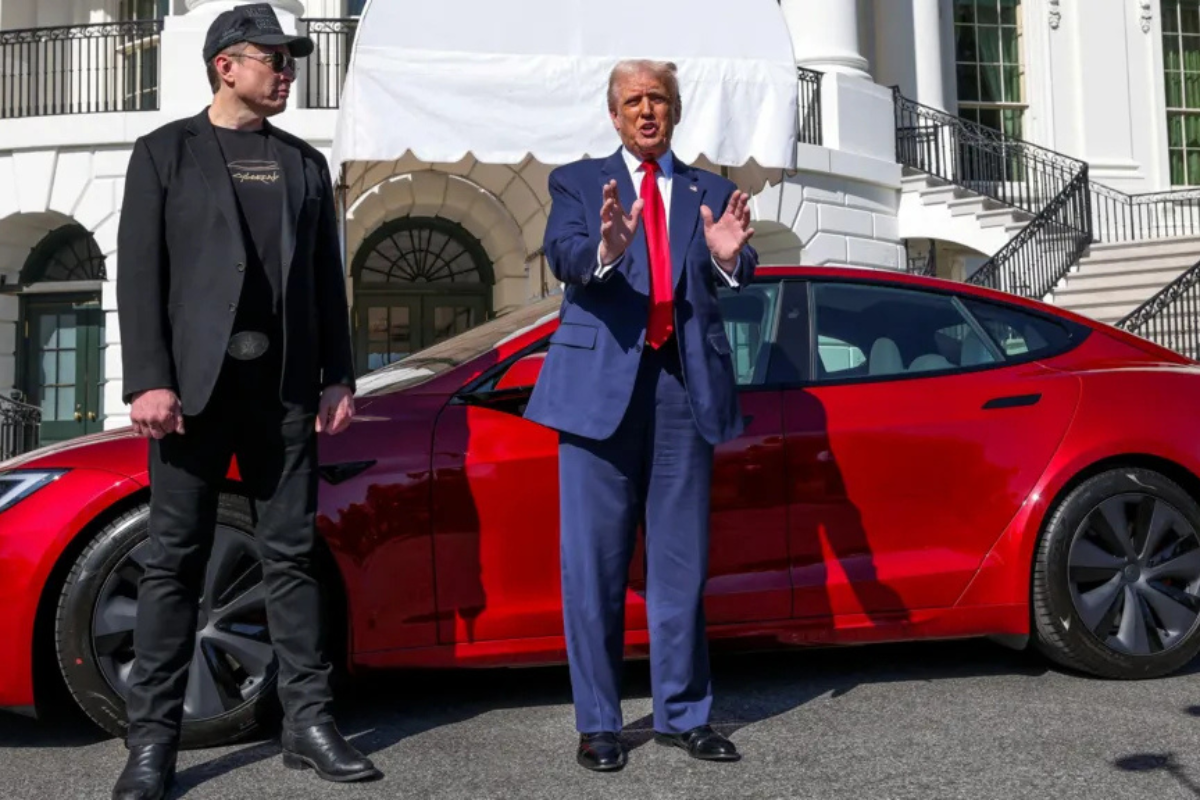Musk to Cut Back Role in Doge Following Tesla’s Profit Decline
Musk reduces role in Doge after Tesla profit drop, announcing he will significantly cut back his involvement with the Department for Government Efficiency (Doge). This change follows the disappointing financial results for Tesla at the start of the year. The company has reported a significant drop in both profits and car sales, prompting Musk to reassess his time allocation and prioritize Tesla’s future growth.

Musk has led Doge since its creation last year. The department was established to spearhead efforts to reduce government spending and cut down on inefficient public sector jobs. Musk’s leadership in this initiative placed him at the heart of US government reform. However, after facing criticism for diverting his attention from Tesla, Musk revealed he would now allocate only one to two days a week to Doge, starting next month. Critics of his political involvement have argued that he has been neglecting his duties as Tesla’s CEO, and this move comes in response to those concerns.This marks the first time Musk reduces role in Doge after Tesla profit drop, signaling a renewed focus on Tesla amid backlash.
Musk’s Political Involvement and Role Reduction in Doge After Tesla Profit Drop
Musk’s political engagement, particularly his support for President Donald Trump, has led to protests and boycotts of Tesla vehicles in several countries. His financial contributions to Trump’s re-election campaign and his advisory role in government reforms have drawn the ire of some consumers. Many have accused Musk of using his position as a political platform rather than focusing solely on Tesla.
Despite these challenges, Musk emphasized that he would now devote more time to Tesla. He explained that while he would remain involved in political affairs, his primary focus would be on ensuring the continued success of his electric car company. Musk referred to his role in Doge as “critical,” but stated that he would remain in the position only as long as President Trump wanted him there and as long as it served the greater good.
Tesla Faces Decline Amid Trade Concerns
Tesla has faced a number of significant challenges in recent months. The company’s stock has fallen by approximately 37% this year, reflecting investor concerns about its performance. After the financial report, however, Tesla’s shares experienced a 5% increase in after-hours trading, offering a glimmer of hope.

For the first quarter of the year, Tesla reported a 20% drop in car sales compared to the same period last year. Additionally, profits fell by more than 70%, leading to concerns about the company’s ability to meet its growth targets. Tesla’s management warned that these challenges could continue for the foreseeable future, partly due to the impact of “changing political sentiment.” This shift could potentially harm demand for Tesla’s vehicles, especially in politically unstable markets.
Musk and other Tesla executives have also expressed concern about the impact of President Trump’s trade policies. The company relies heavily on parts made in China, even though its vehicles are assembled in the U.S. The ongoing trade war between the U.S. and China, particularly Trump’s tariffs on Chinese imports, has placed a strain on Tesla’s supply chain. Although Musk has worked to localize Tesla’s supply chains in North America and Europe, he admitted that tariffs still present a challenge for the company’s margins.
Musk Clashes with Trade Officials
Elon Musk has had a number of public disagreements with Trump administration officials, especially on issues related to trade. One notable clash occurred earlier this month when Musk publicly criticized trade advisor Peter Navarro. Navarro had downplayed Tesla’s manufacturing capabilities, referring to the company as a “car assembler” rather than a full-fledged manufacturer. Musk vehemently disagreed with this characterization, calling Navarro a “moron” for such comments.
Despite these differences, Musk has remained firm in his stance on advocating for lower tariffs. While he acknowledges that tariffs still impact Tesla’s bottom line, he believes that a reduction in trade barriers would benefit not just his company but the broader economy as well. Musk continues to argue for lower tariffs, particularly on electric vehicle components, which could help reduce production costs and make Tesla cars more affordable for consumers.
Tesla’s Future: AI and Supply Chain Risks
Looking ahead, Tesla has emphasized that artificial intelligence (AI) will play a pivotal role in the company’s future growth. Tesla’s AI initiatives, including its self-driving technology, are expected to drive innovation and attract new customers. However, despite Musk’s optimistic outlook, many investors have remained skeptical about the company’s AI-driven strategy. Some believe that Tesla may be overestimating the speed at which AI will impact the auto industry.
Tesla also faces intense competition from both established automakers and new entrants to the electric vehicle market. As more companies invest in electric mobility, Tesla’s market share could be challenged. Furthermore, ongoing risks related to global supply chain disruptions, particularly in the wake of the U.S.-China trade tensions, could make it difficult for Tesla to maintain its growth trajectory.
Analysts, including Dan Coatsworth from AJ Bell, have expressed concern about Tesla’s mounting problems. Coatsworth stated that while investors have “rock-bottom” expectations for the company’s performance, Tesla’s struggles are compounded by rising competition and potential supply chain disruptions.
Looking Ahead: The Road for Tesla
While Musk’s decision to reduce his role in Doge signals a shift in priorities, Tesla’s future remains uncertain. The company faces significant challenges, including declining profits, political pressures, and competition from other electric vehicle manufacturers. However, Musk has demonstrated time and again that he is willing to take bold steps to ensure Tesla’s survival and growth.With the announcement that Musk reduces role in Doge after Tesla profit drop, Tesla’s leadership signals a pivot back to core operations.




